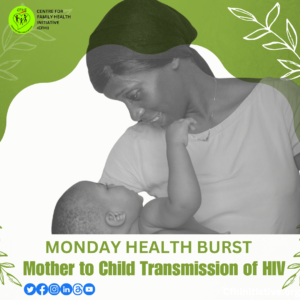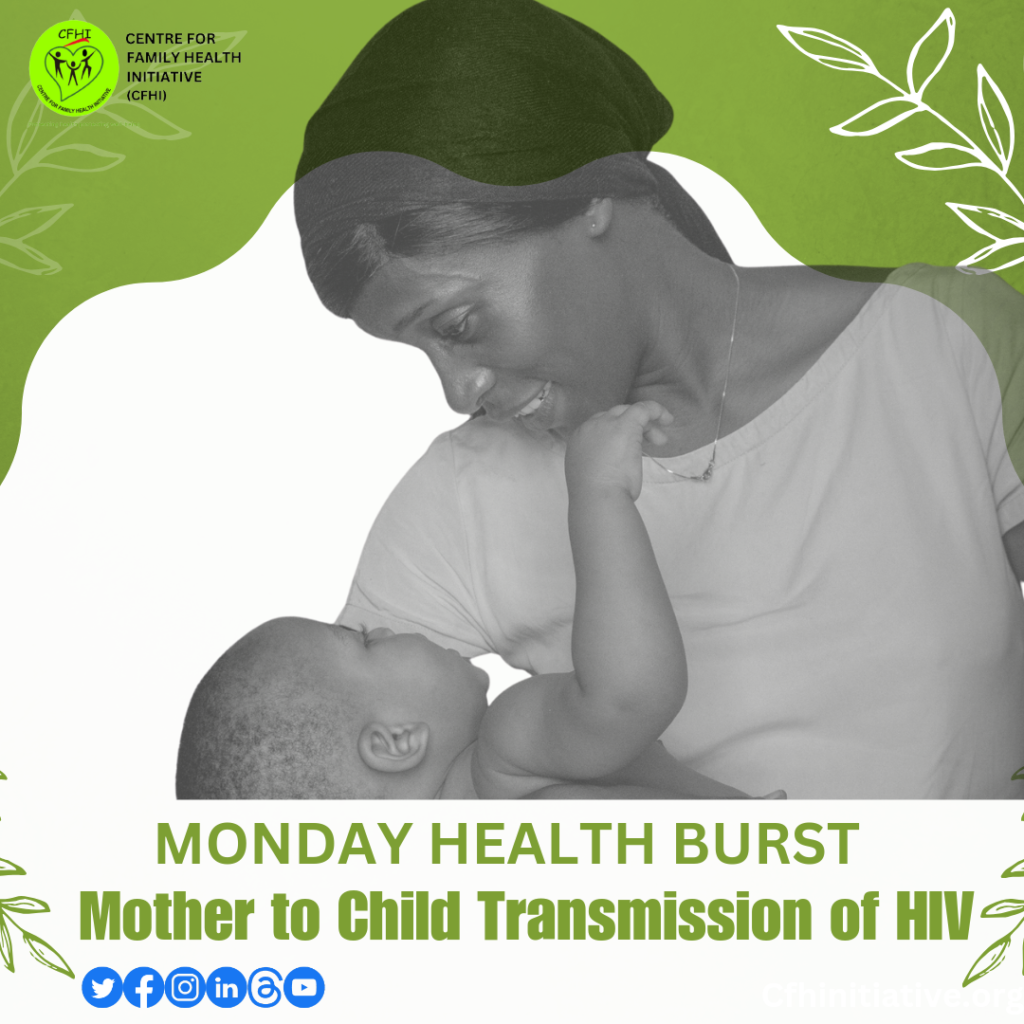AIDS is the leading cause of death for women of reproductive age, and women are disproportionately affected by HIV, according to UNAIDS.
HIV infection in pregnancy threatens maternal immune health and can lead to perinatal transmission of HIV in utero, intrapartum, or through breastfeeding postpartum. A woman living with HIV can transmit the virus to her baby during pregnancy, childbirth, or breastfeeding (known as mother-to-child transmission or MTCT).
The WHO estimates that every year, 1.3 million women and girls living with HIV become pregnant worldwide. Without treatment, 15% to 45% of HIV-positive mothers transmit the virus to their unborn children during pregnancy, labor, delivery, or breastfeeding.
Although HIV can be transmitted through breastfeeding, taking HIV medicines and having an undetectable viral load during pregnancy and throughout breastfeeding lower the risk of passing HIV to less than 1%.
To prevent MTCT, a combination of strategies is typically employed:
Antiretroviral Therapy (ART): Pregnant women with HIV are prescribed ART drugs. These drugs can reduce the viral load in the mother’s body, lowering the risk of transmission to the baby.
Scheduled Caesarean Section: In some cases, a scheduled caesarean section may be recommended to reduce the risk of transmission during childbirth, particularly if the mother’s viral load is high.
Avoiding Breastfeeding: In regions where safe alternatives are available and affordable, mothers with HIV are advised to avoid breastfeeding, as the virus can be transmitted through breast milk.
Safe Infant Feeding: If breastfeeding is necessary due to limited access to safe alternatives, it’s recommended that the mother continues taking ART, and the baby is also prescribed ART to reduce the risk of transmission.
Preconception Planning: Women of reproductive age living with HIV should receive counseling and guidance on family planning and HIV prevention to ensure safer pregnancies.
Testing and Monitoring: Regular HIV testing and monitoring during pregnancy are crucial to assess the effectiveness of ART and adjust the treatment as needed.
These strategies have significantly reduced the rate of MTCT of HIV. Still, it’s essential for pregnant women to receive proper medical care and follow the guidance of healthcare providers to minimize the risk to their babies.
Monday Health Burst is an initiative of CFHI to address issues of basic health concern. Join us every Monday on all our social media platforms for more episodes.




